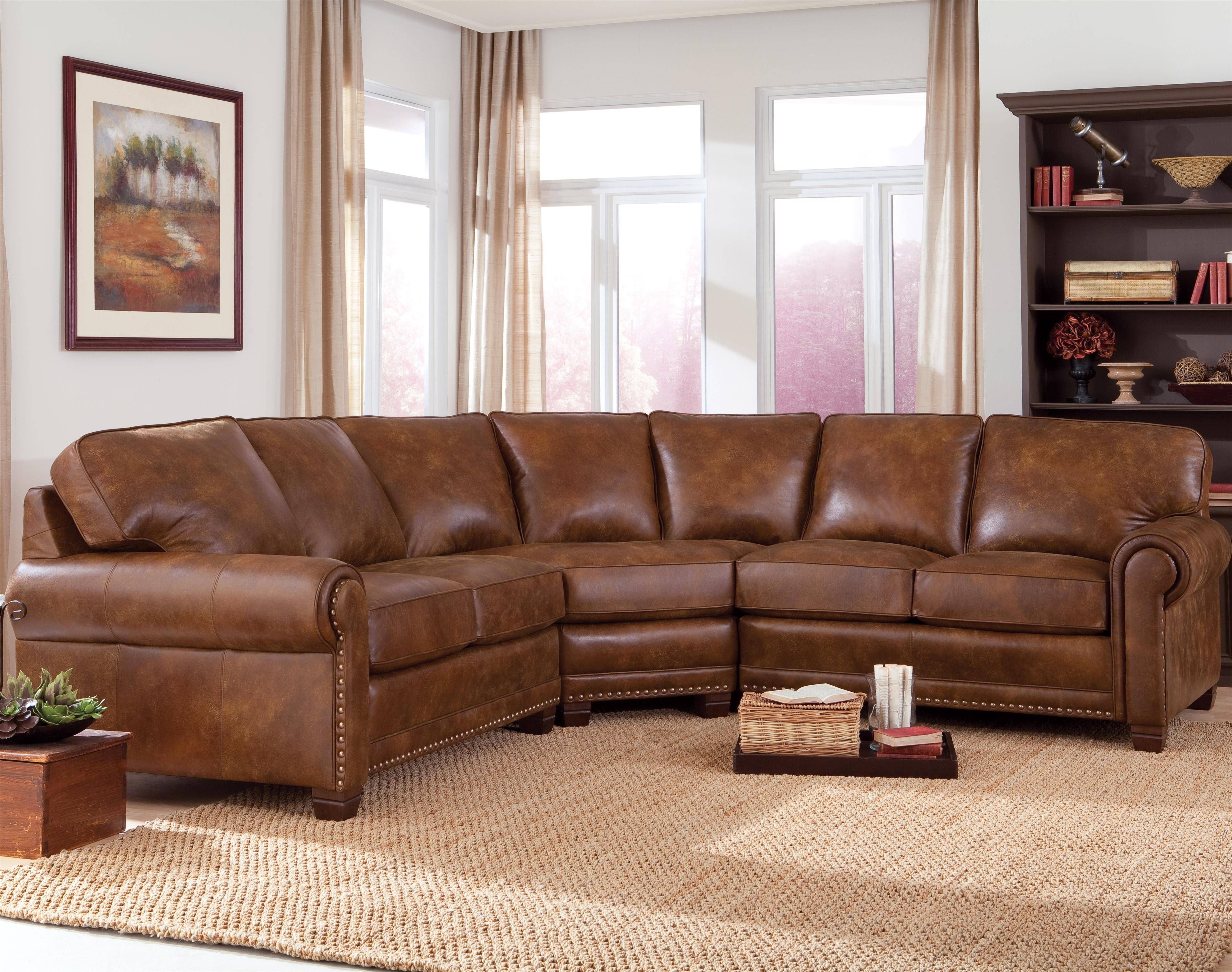1. Check the P-trap
If you're experiencing a sewer odor under your kitchen sink in your RV, the first thing you should check is the P-trap. This is a U-shaped pipe that is designed to trap water and prevent sewer gas from entering your RV. Over time, the P-trap can become dry and allow odors to escape. To fix this, simply run water through the sink to refill the P-trap and stop the odor.
2. Inspect the vent pipe
The vent pipe is another important component of your RV's plumbing system. It allows air to flow through the pipes, preventing a vacuum from forming and pushing sewer gas back into your living space. If the vent pipe is clogged or damaged, it can cause sewer odors to linger. Inspect the vent pipe and clear any obstructions or repair any damage to ensure proper air flow.
3. Clean the drain
Over time, debris and buildup can accumulate in your drain, causing unpleasant odors to emanate from your sink. To clean the drain, start by pouring hot water down the drain to loosen any buildup. Then, pour a mixture of baking soda and vinegar down the drain and let it sit for about 30 minutes. Finally, flush the drain with hot water again to clear out any remaining debris.
4. Check for leaks
A common cause of sewer odors in an RV is a leak in the plumbing system. Check all the connections and pipes under your kitchen sink for any signs of leaks. If you find a leak, repair it immediately to prevent further odors and potential water damage to your RV.
5. Use a sewer odor eliminator
If the above methods do not eliminate the sewer odor, you may need to use a sewer odor eliminator. These products are specifically designed to neutralize sewer odors and can be found at most RV supply stores. Follow the instructions on the product carefully to ensure safe and effective use.
6. Check the RV's plumbing system
If the odor persists, it's important to check the rest of your RV's plumbing system. There may be a clog or issue in the main sewer line that is causing the odor to seep back into your kitchen sink. It's best to have a professional plumber inspect and address any issues with your RV's plumbing system.
7. Use a plumbing snake to clear any clogs
If you suspect a clog in your RV's plumbing system is causing the sewer odor, you can try using a plumbing snake to clear it out. This tool is designed to break up and remove any obstructions in your pipes. Follow the instructions carefully to avoid causing damage to your plumbing system.
8. Check the RV's roof vent
The roof vent is another potential source of sewer odors in your RV. It is responsible for releasing any excess air from your plumbing system, but if it becomes clogged or damaged, it can cause odors to linger. Inspect the roof vent for any obstructions or damage and clean or repair as needed.
9. Use a mixture of baking soda and vinegar to clean the drain
This is a natural and effective method for cleaning and deodorizing your drain. Mix equal parts baking soda and vinegar and pour it down the drain. Let it sit for about 30 minutes, then flush with hot water. Baking soda helps to absorb odors while vinegar acts as a natural disinfectant.
10. Consider hiring a professional plumber
If you've tried all of the above methods and are still experiencing sewer odors under your kitchen sink in your RV, it may be time to call in a professional plumber. They have the expertise and tools to properly diagnose and fix any issues with your RV's plumbing system, ensuring that the sewer odor is eliminated for good.
Dealing with a sewer odor under your kitchen sink in your RV can be unpleasant and frustrating. But by following these tips and properly maintaining your RV's plumbing system, you can eliminate the odor and enjoy a fresh and clean living space while on the road.
Heading 2: How to Eliminate Sewer Odor Under Your Kitchen Sink in an RV Heading 3: Understanding the Cause of Sewer Odor in RV Kitchen Sinks As a proud owner of an RV, you know that every part of your home on wheels requires special attention and maintenance. The kitchen sink is no exception. It is not uncommon to experience sewer odor coming from the sink, especially in older RVs. This can be caused by a number of factors, such as clogged or damaged pipes, improper venting, or even a build-up of food waste. Whatever the cause may be, it is important to address this issue promptly to avoid any health hazards and make your RVing experience more enjoyable. Heading 3: Steps to Eliminate Sewer Odor Under Your Kitchen Sink The first step in eliminating sewer odor under your kitchen sink is to identify the source. Start by checking if there are any clogs in the pipe. Use a plunger or a plumber's snake to clear the blockage. If this does not solve the issue, it is possible that the venting system is not functioning properly. In an RV, the venting system is typically located on the roof, so it may require climbing up to inspect and clean it. Heading 3: The Importance of Proper Venting in RV Kitchen Sinks Proper venting is crucial in preventing sewer odor in your RV kitchen sink. The venting system allows for proper air flow and prevents the build-up of gases in the pipes, which can cause unpleasant odors. It is important to regularly check and clean the venting system to ensure it is functioning properly. You can also use a venting cap that is designed to prevent odors from entering your RV. Heading 3: Additional Tips to Eliminate Sewer Odor in RV Kitchen Sinks Aside from addressing clogs and checking the venting system, there are a few other tips that can help eliminate sewer odor in your RV kitchen sink. Using a natural enzyme-based cleaner can help break down any food waste build-up and eliminate odors. You can also try pouring a cup of baking soda and a cup of vinegar down the drain, followed by hot water, to help keep your pipes clean and odor-free. Heading 3: Conclusion Sewer odor under your kitchen sink in an RV can be a nuisance, but with proper maintenance and a few simple steps, it can be easily eliminated. Regularly checking and cleaning your pipes and venting system, as well as using natural cleaners, can help keep your RV smelling fresh and clean. By following these tips, you can ensure a pleasant and enjoyable RVing experience every time.



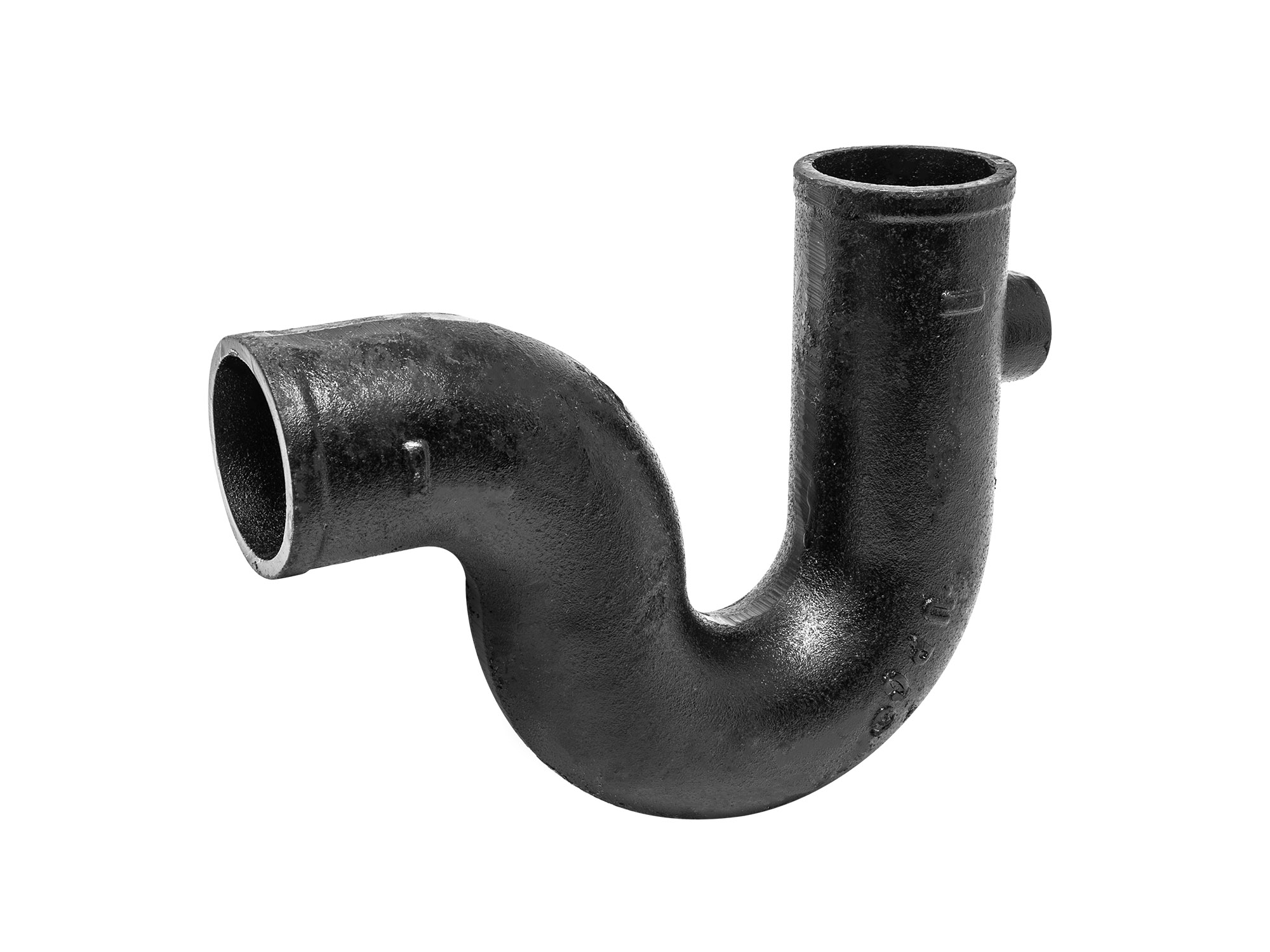
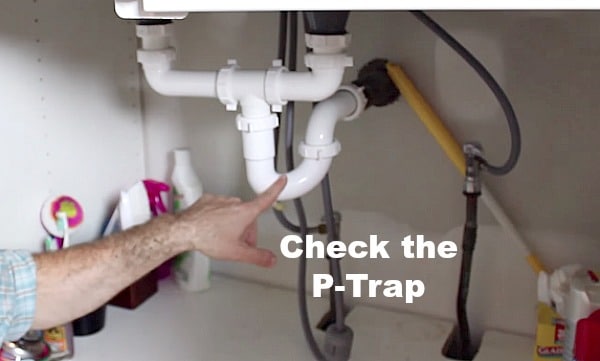



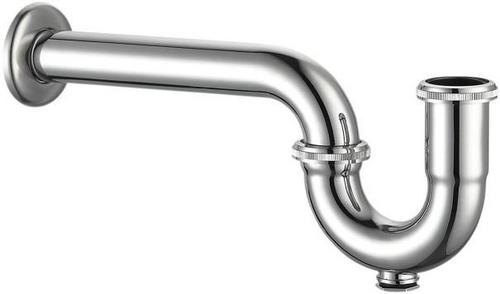
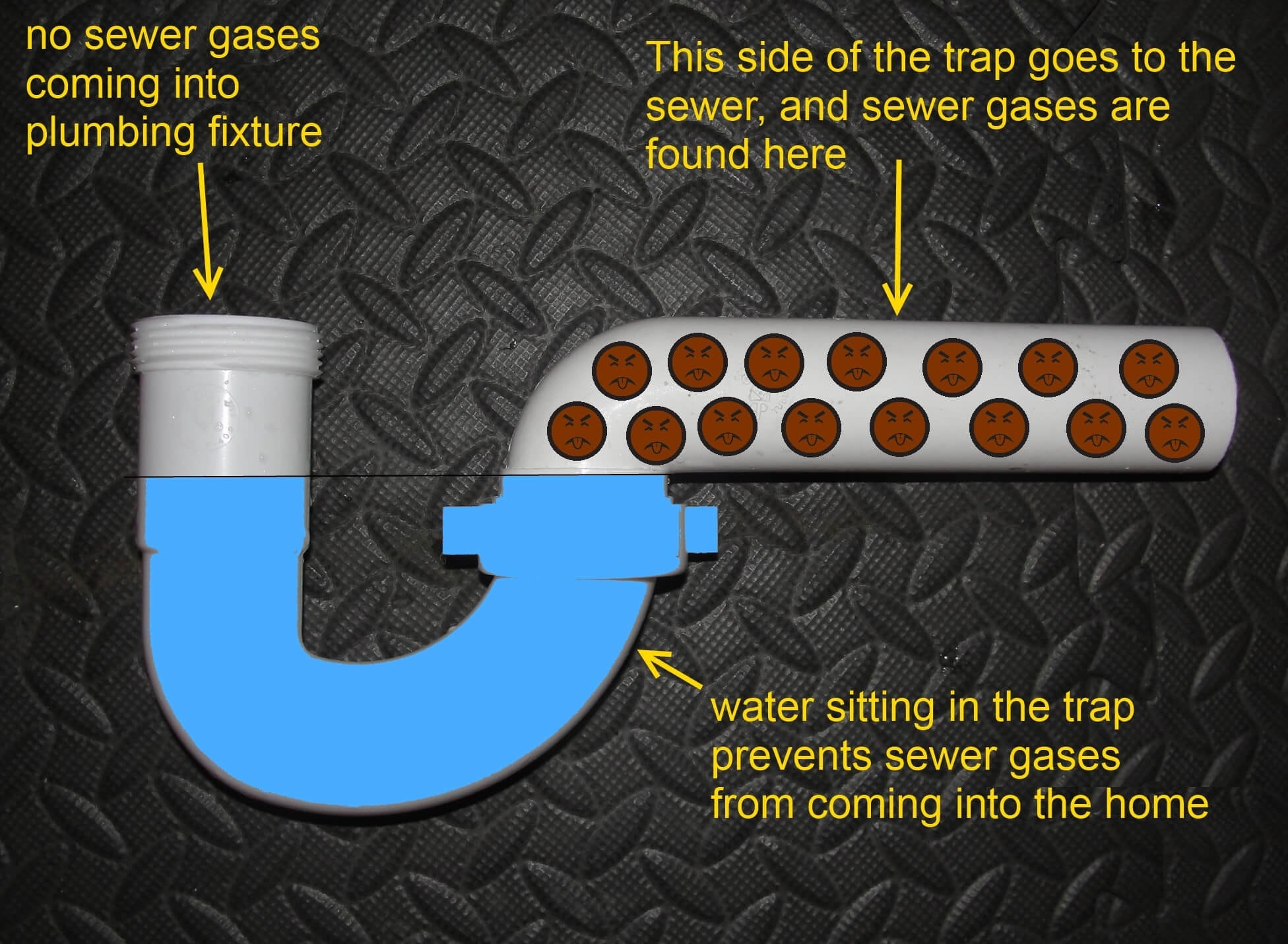
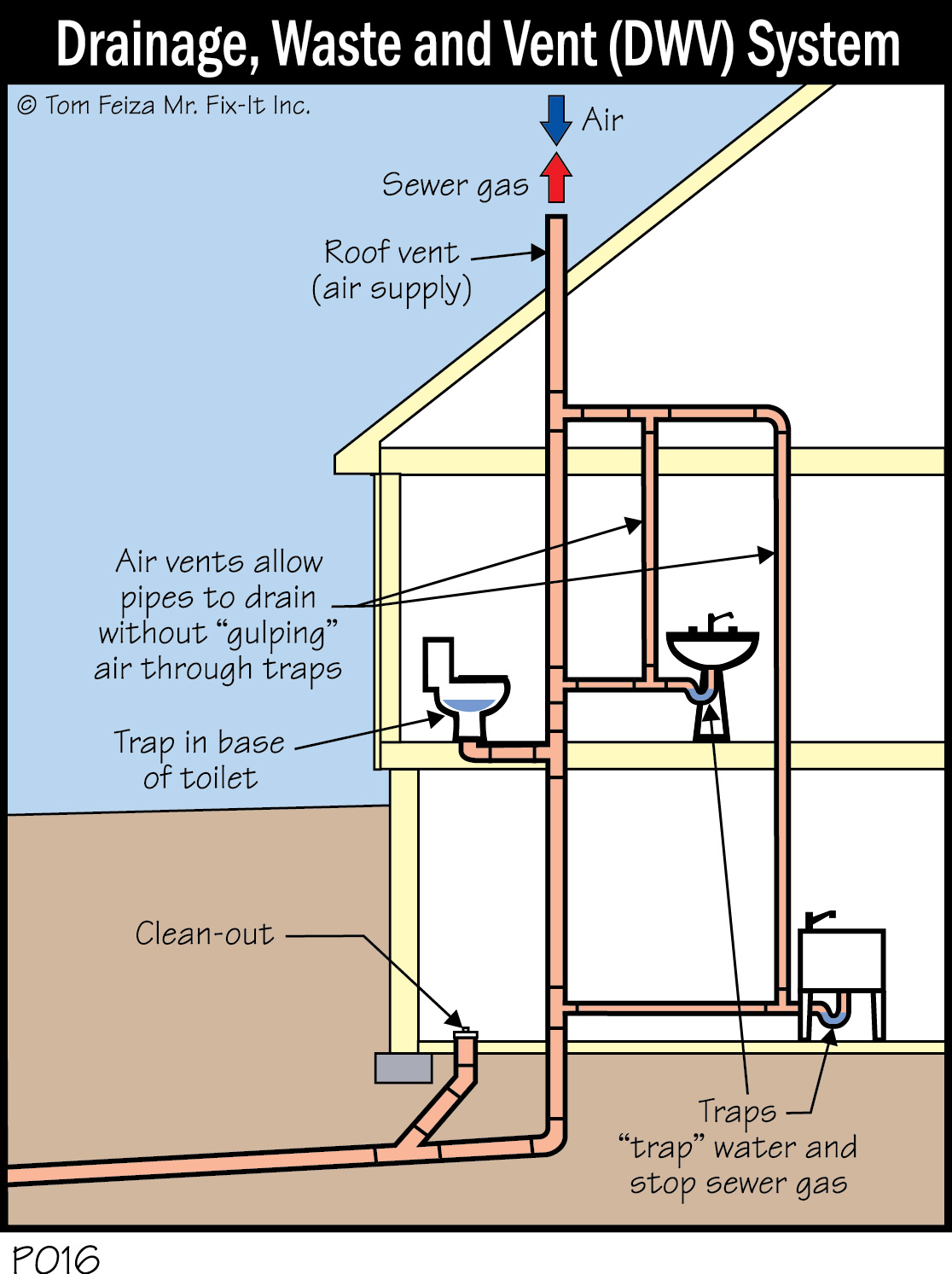



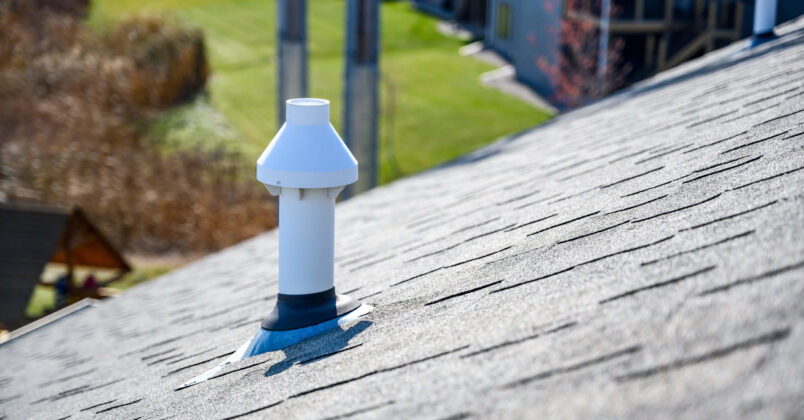

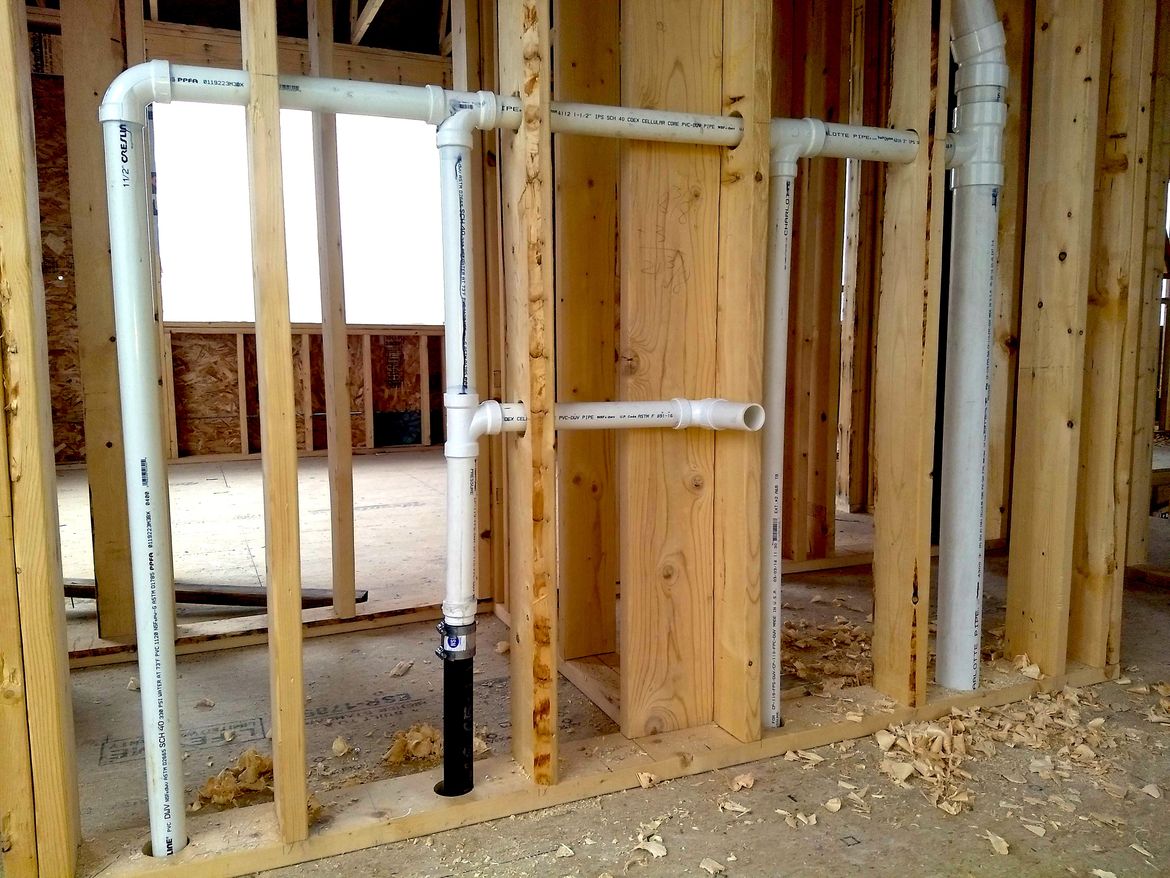
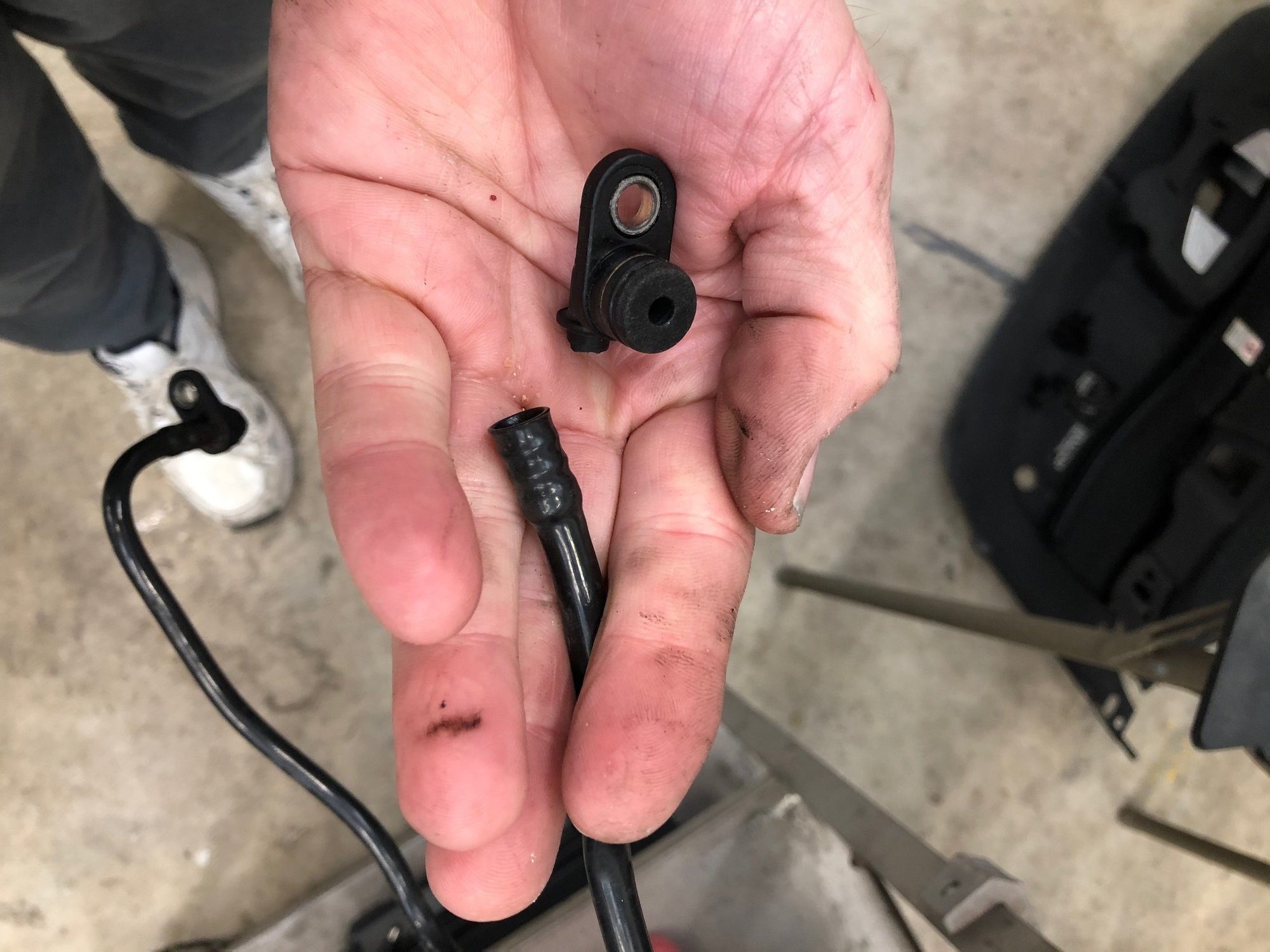

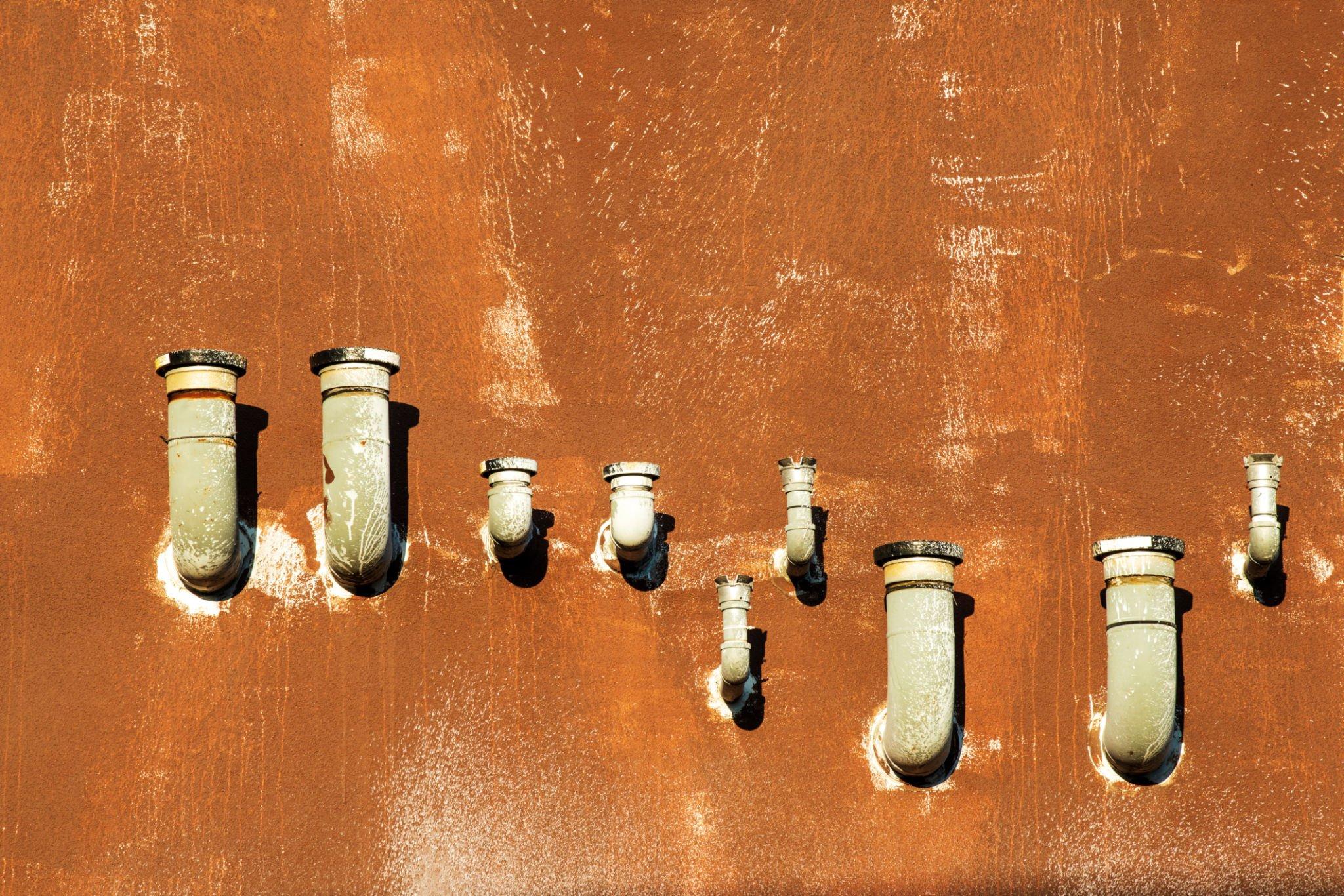




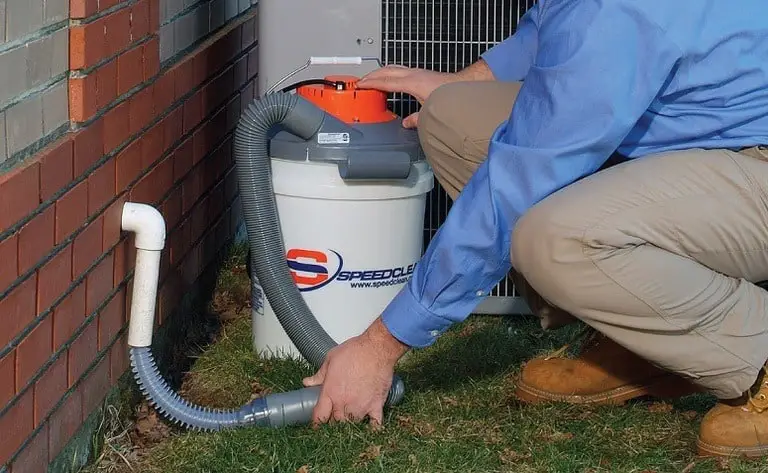

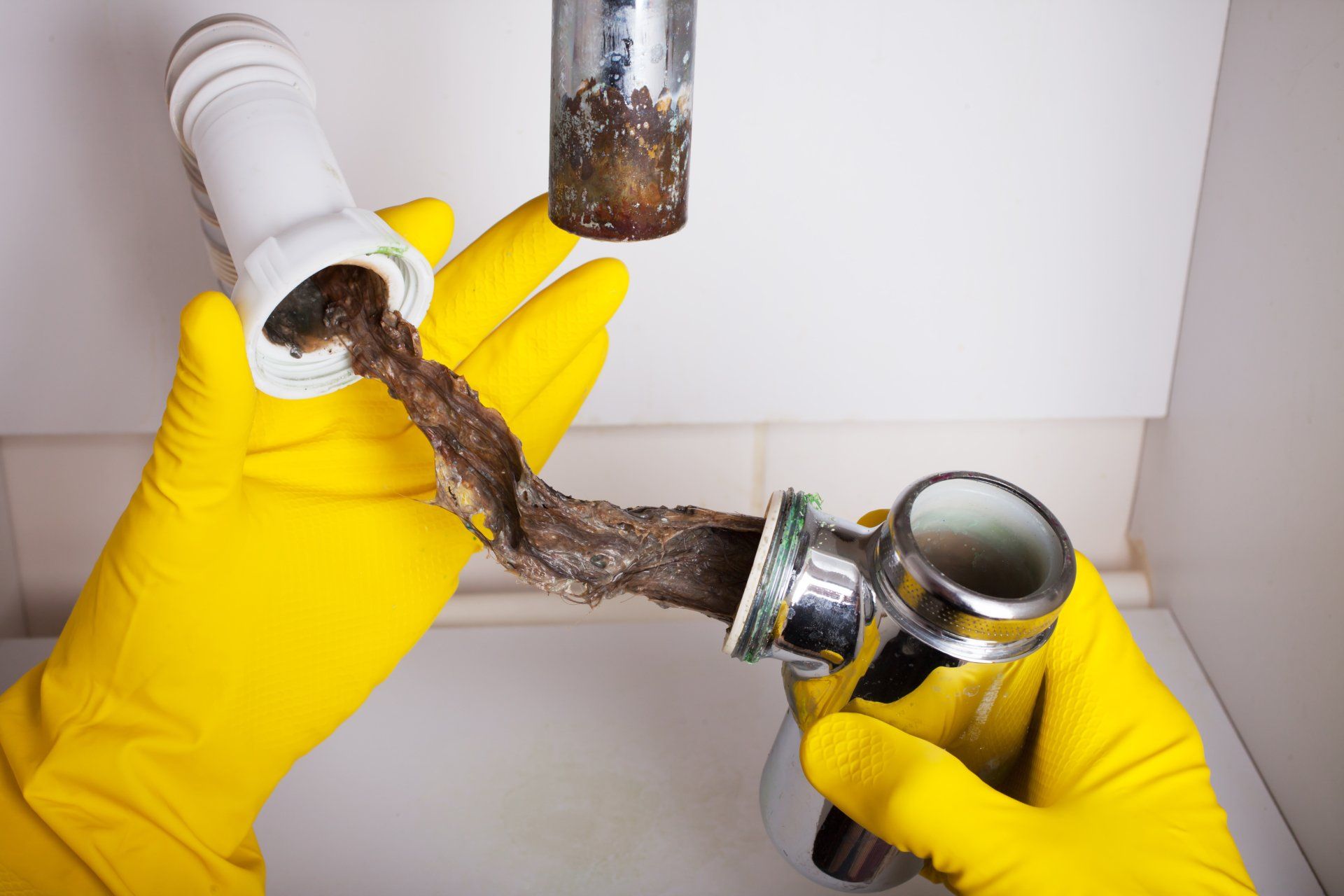

:max_bytes(150000):strip_icc()/installing-a-shower-drain-2718985-06-a352f423aef9405da0bbfc6552cd638e.jpg)

/Getting-rid-of-drain-flies-2656670-V1-1340ca9ec3a743cb95a366862a9961c1.png)




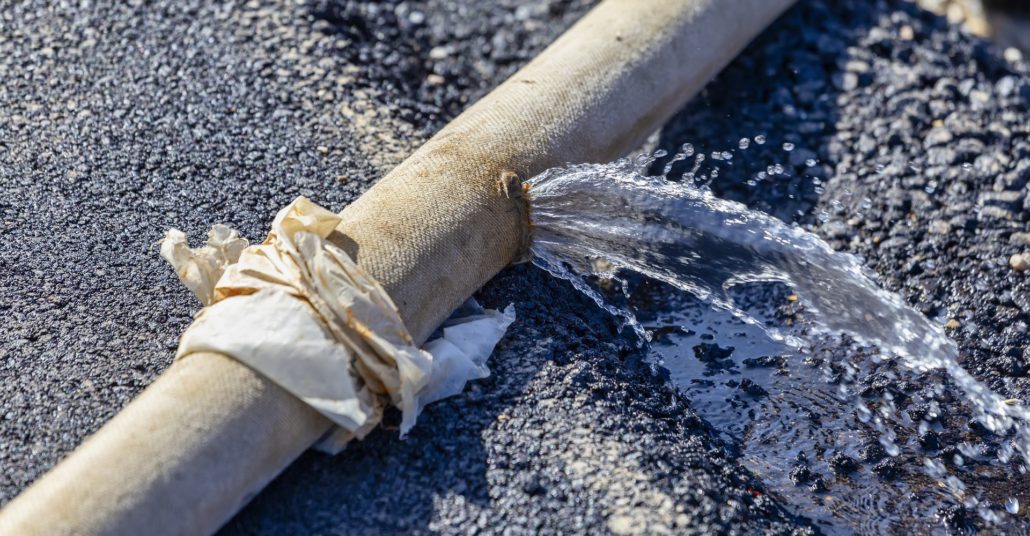




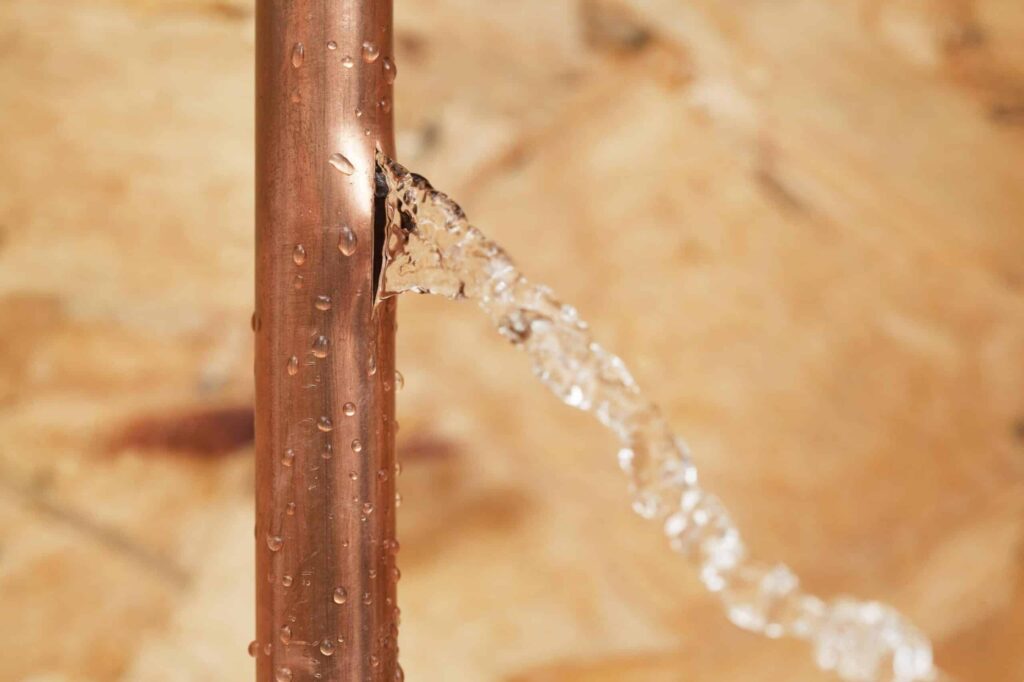



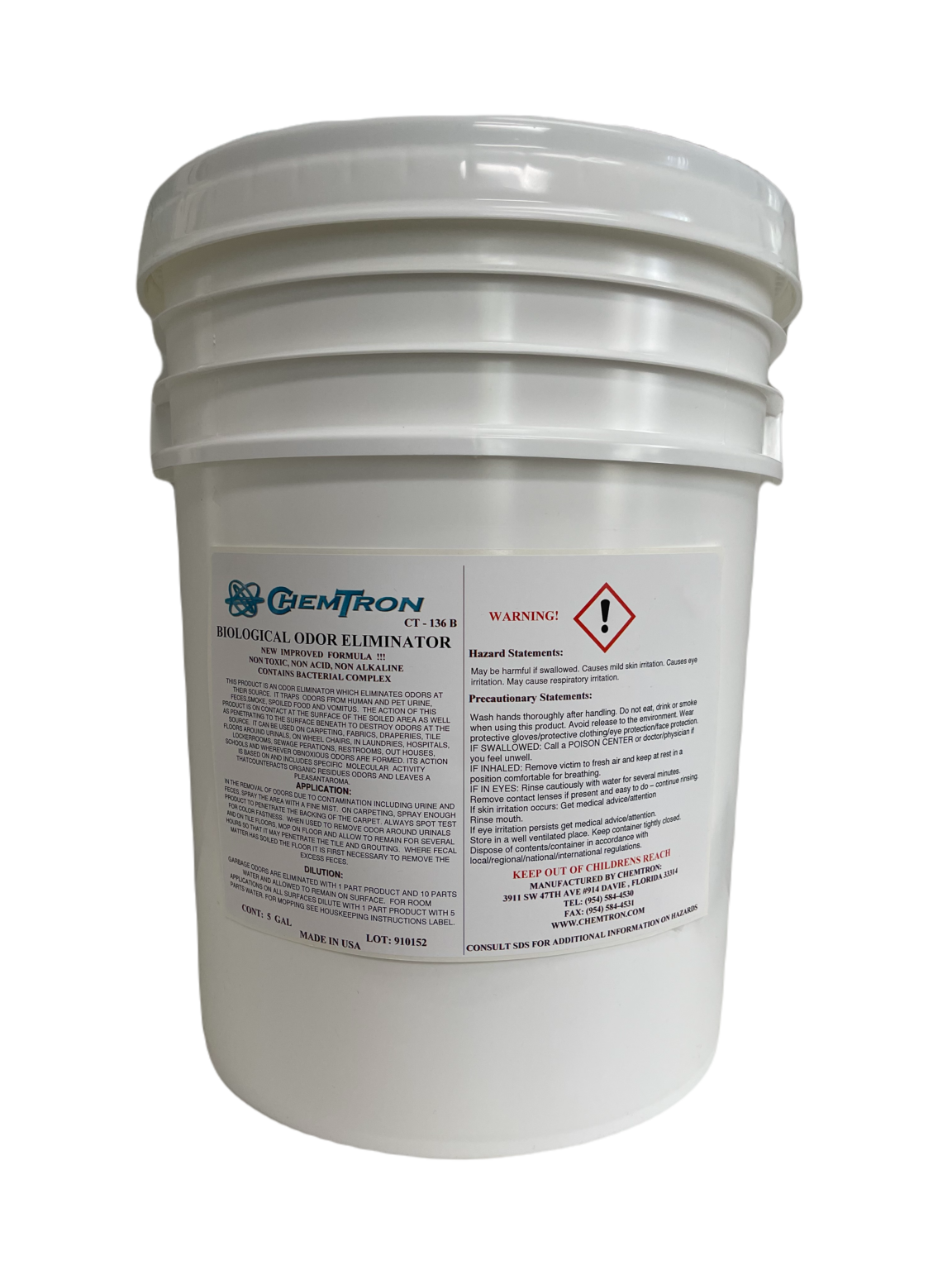






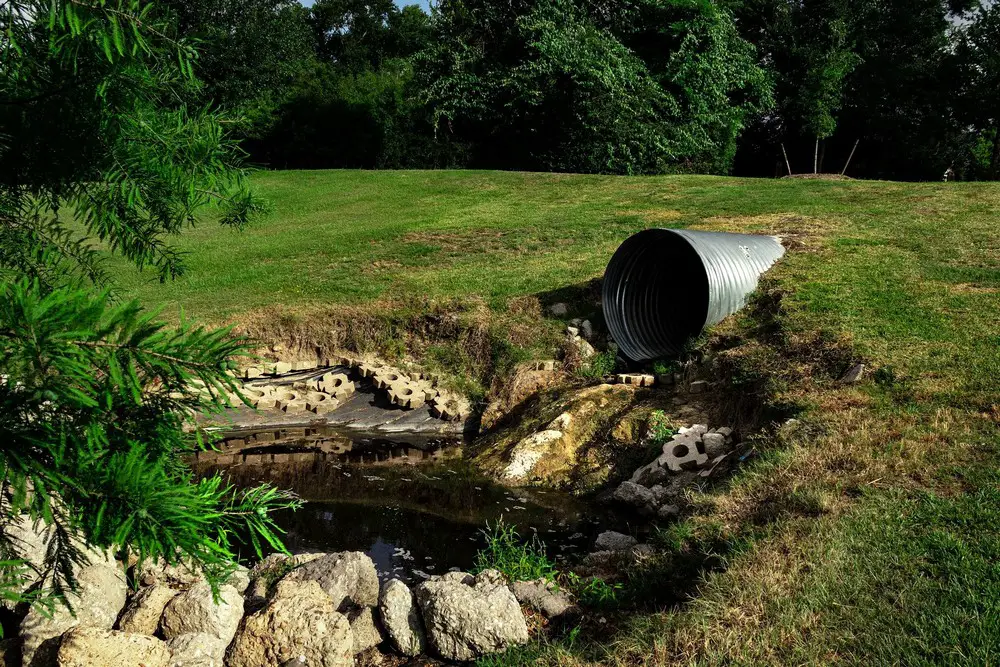
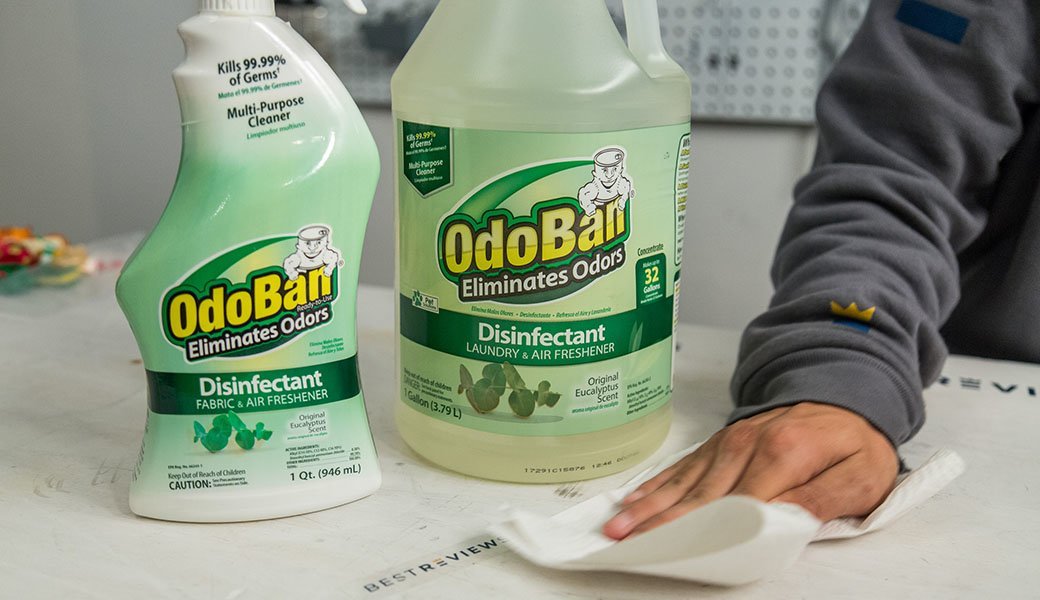
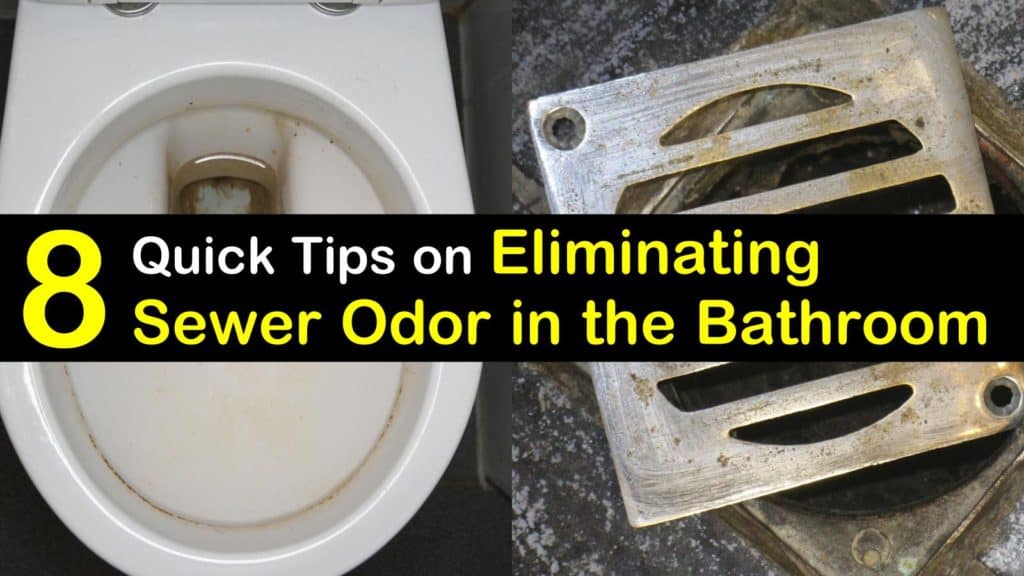




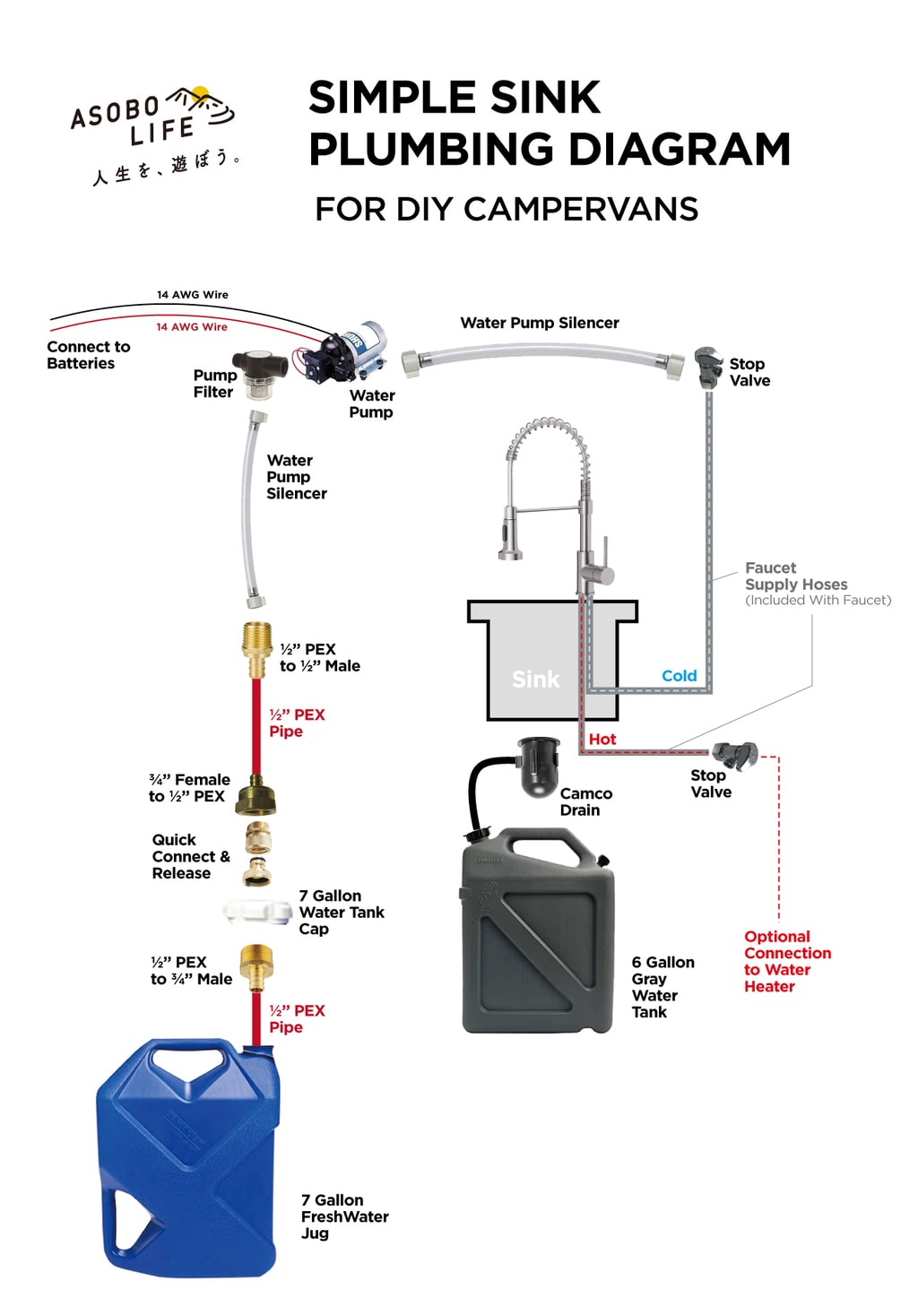
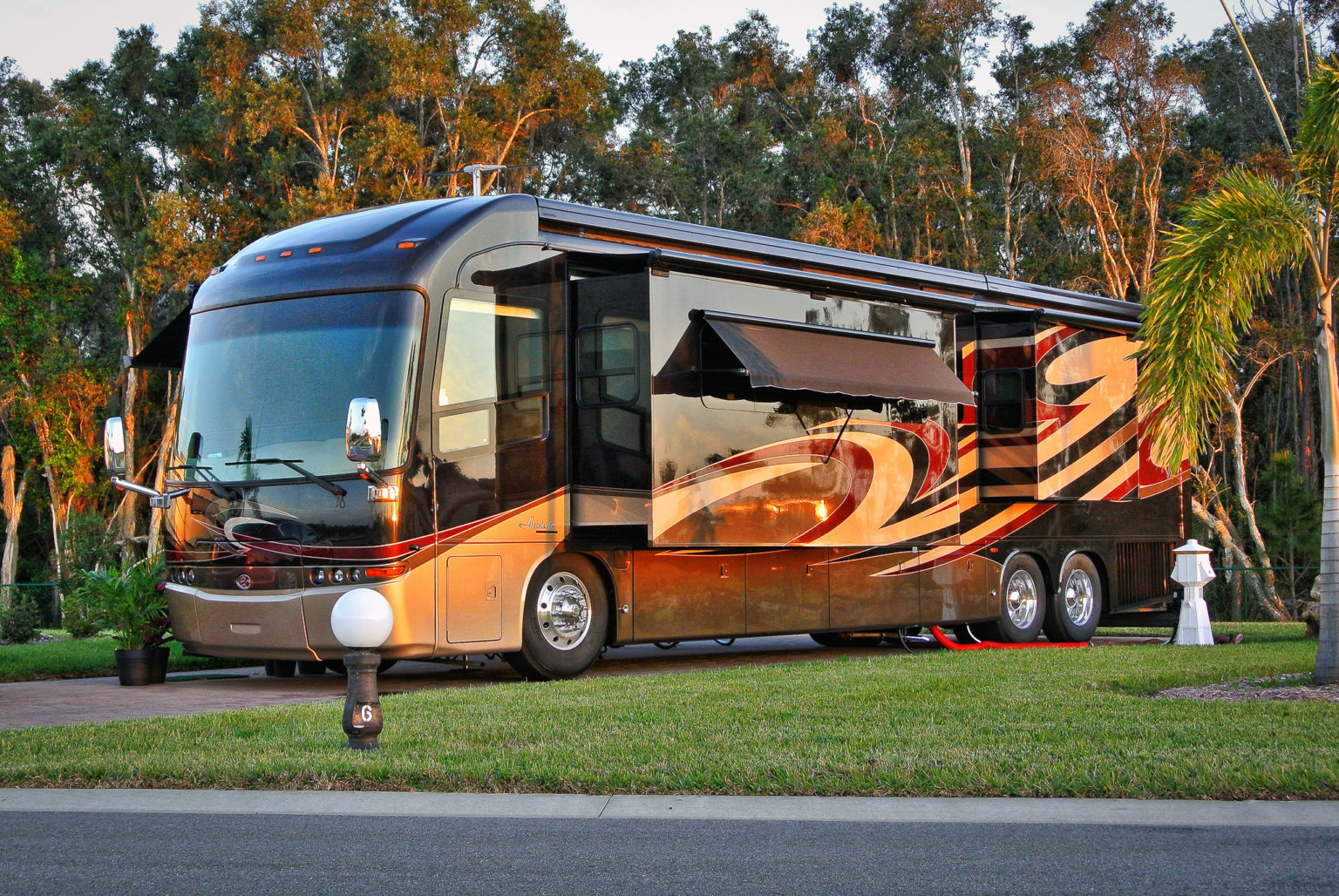
:max_bytes(150000):strip_icc()/Basic-types-of-plumbing-pipes-1822487_color-42e8122b504c4d2ea885907f6adc8739.jpg)
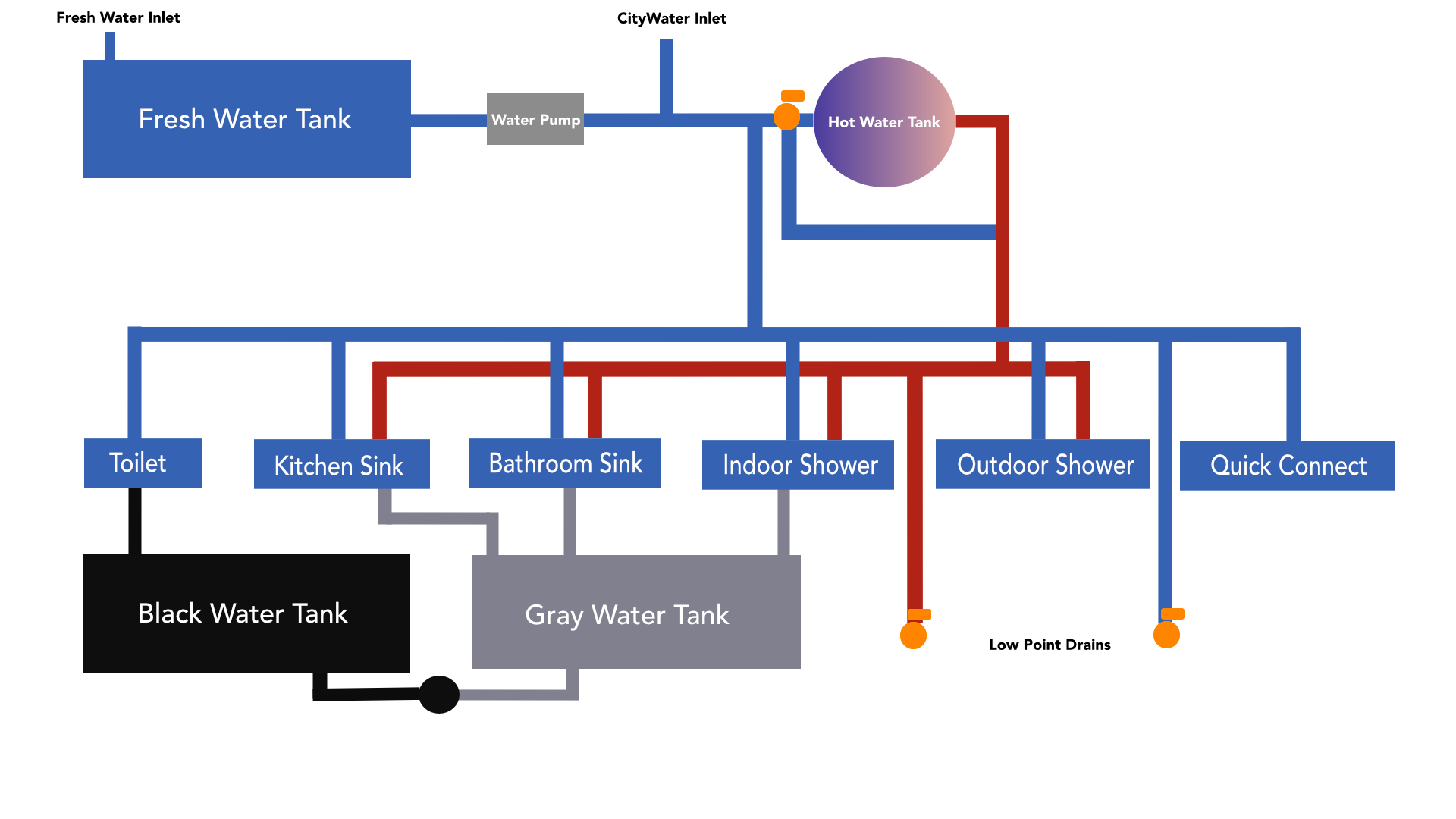
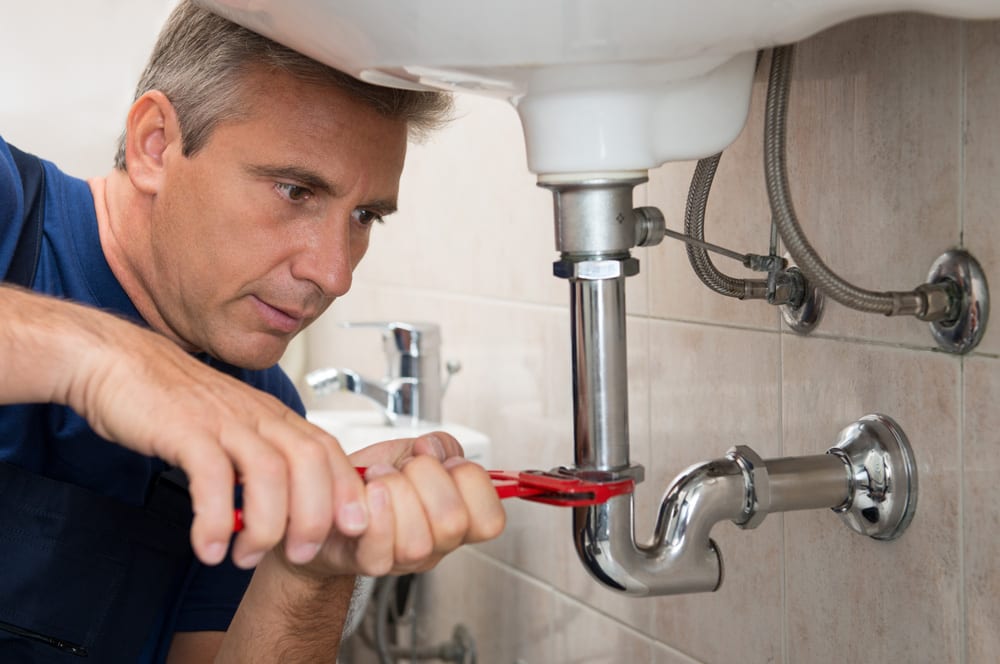
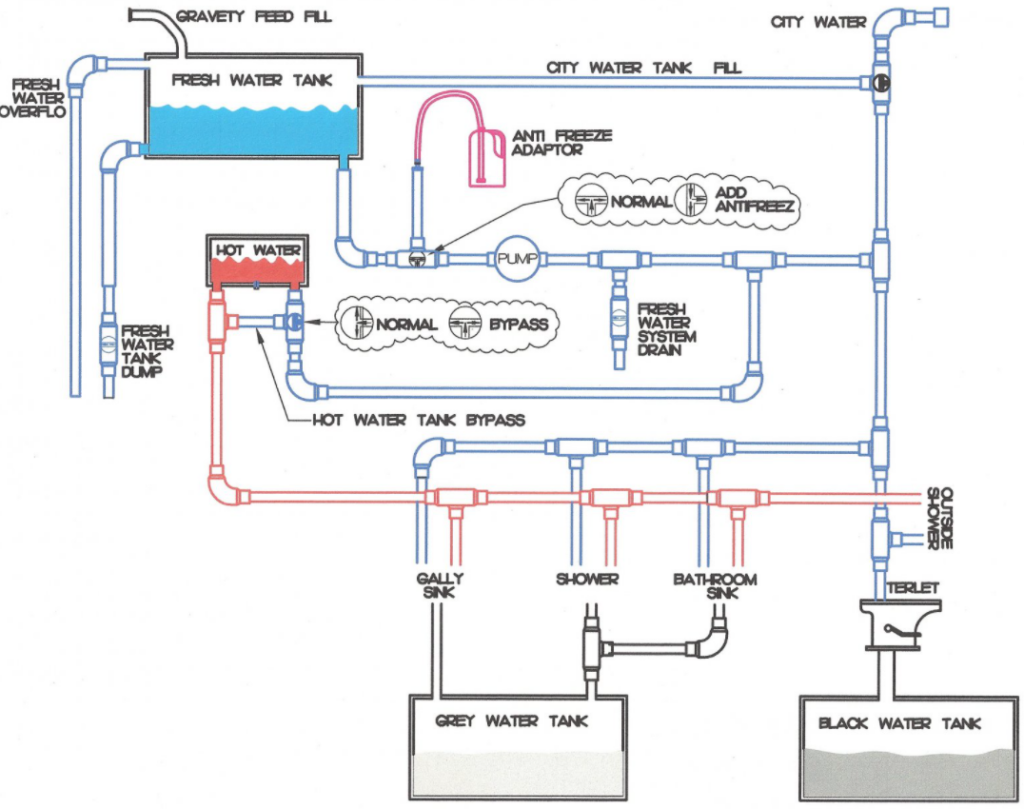
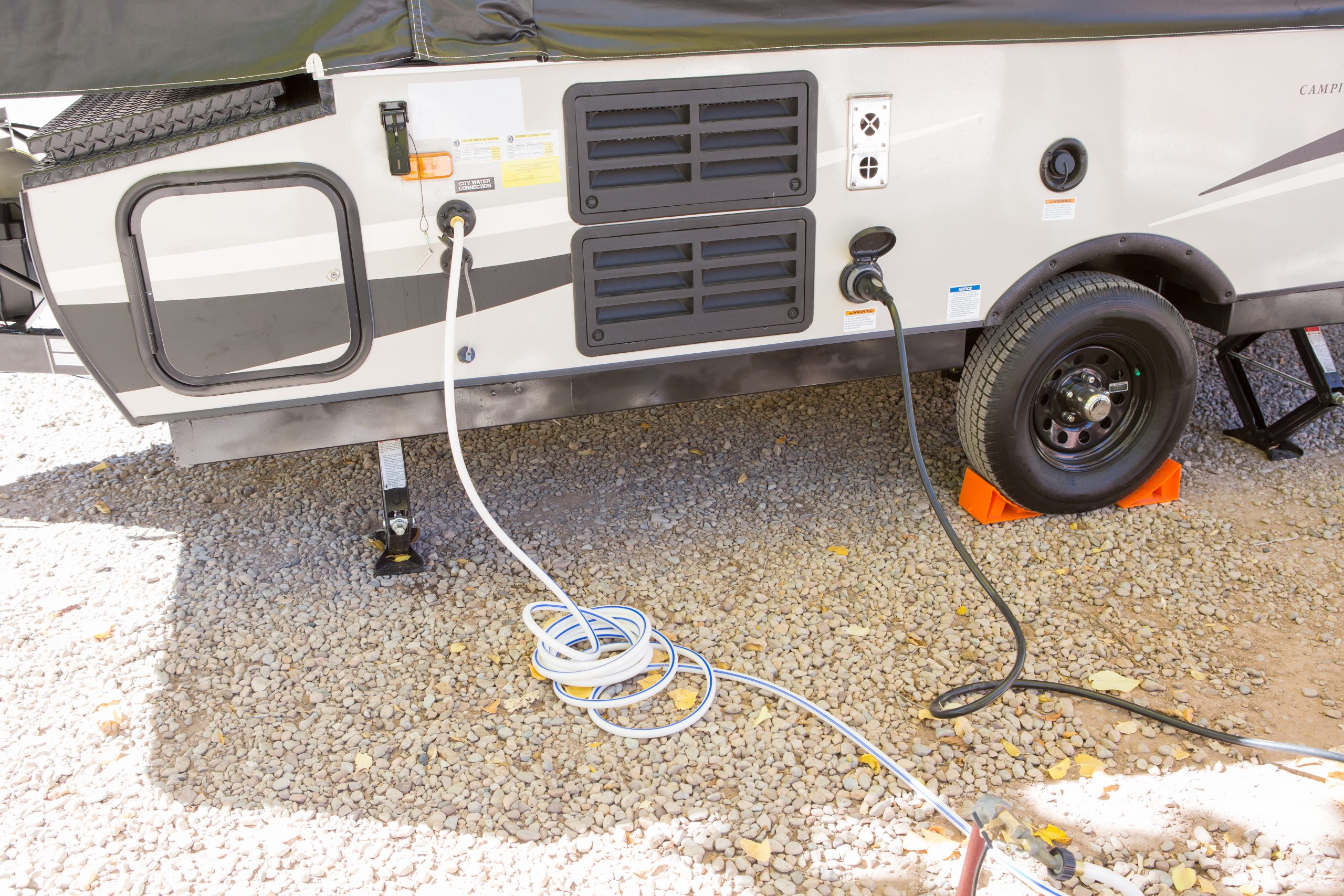




:max_bytes(150000):strip_icc()/how-to-use-a-snake-drain-100441586-hero-7e5d59ff9d4f48c0857b89342dc2d814.jpg)
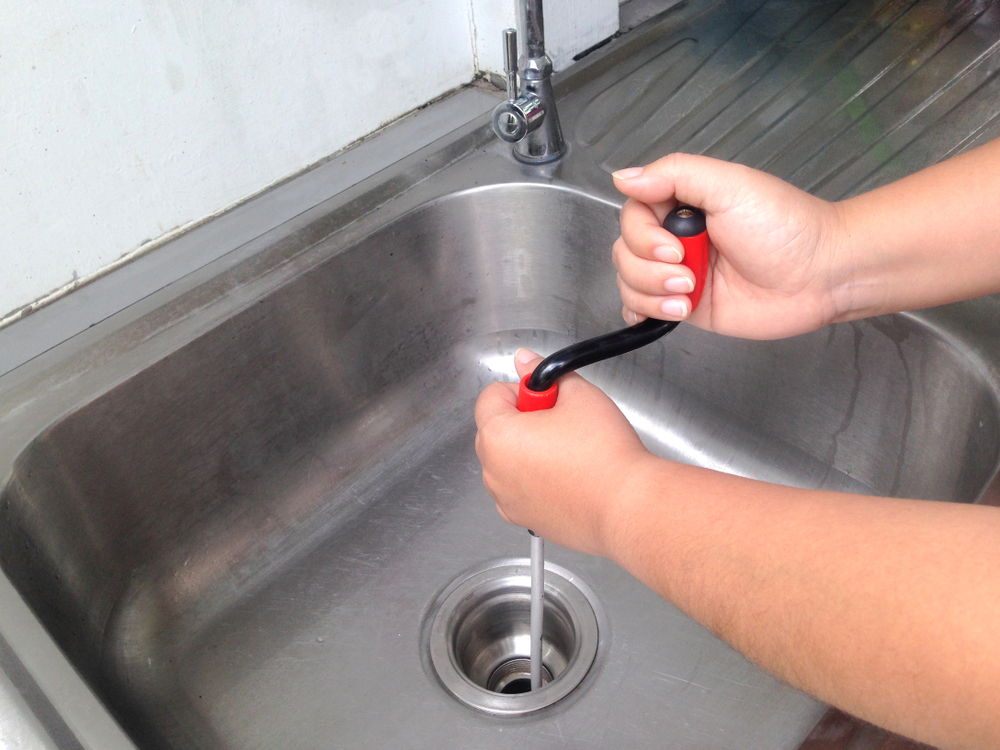






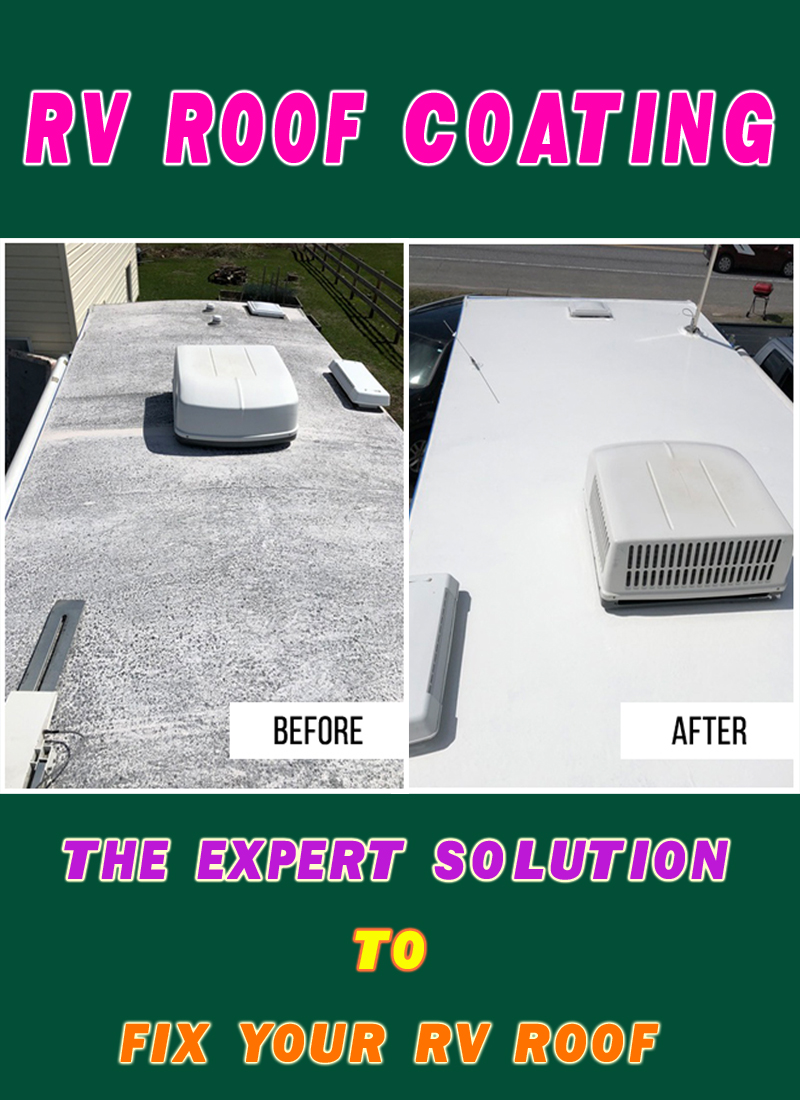

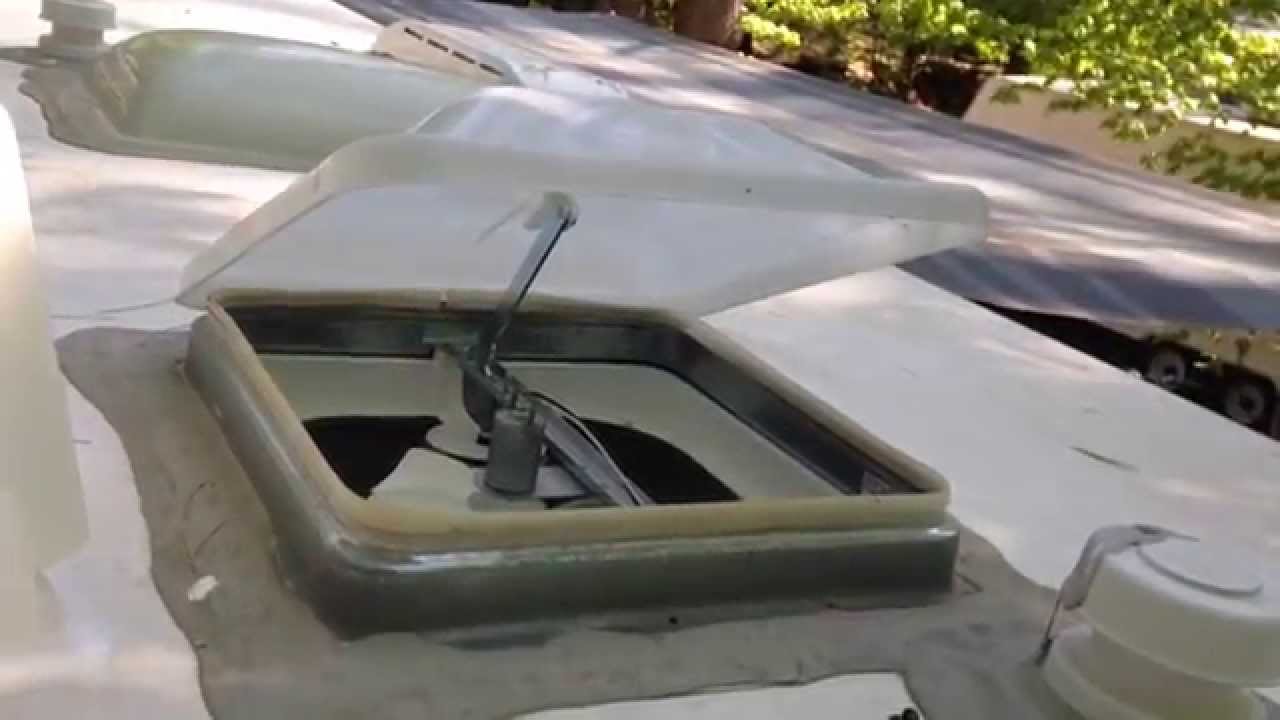


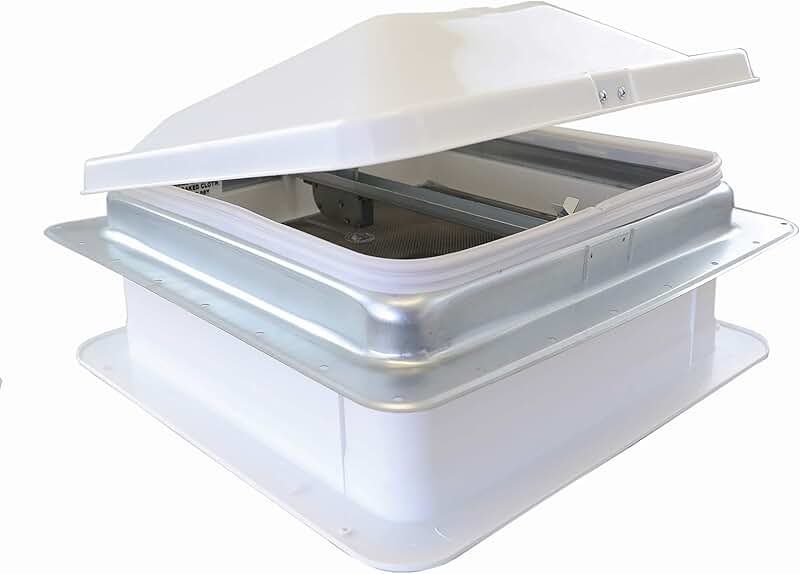

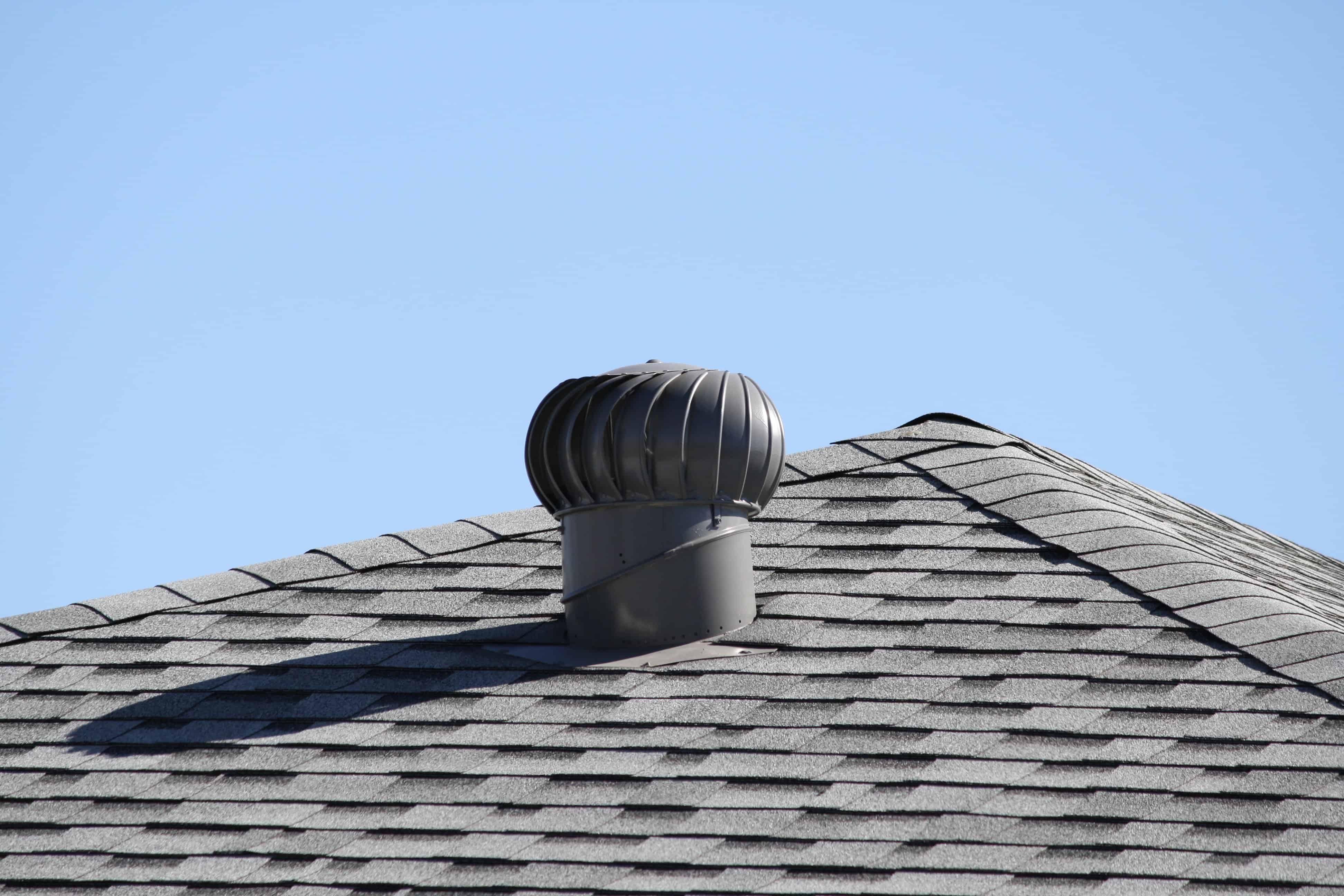





:max_bytes(150000):strip_icc()/freshen-and-unclog-drain-with-baking-soda-1900466-22-bbf940b70afa4d5abef0c54da23b1d3f.jpg)
:max_bytes(150000):strip_icc()/freshen-and-unclog-drain-with-baking-soda-1900466-18-1a5b5da01939471ca8f8823865bd1ce8.jpg)
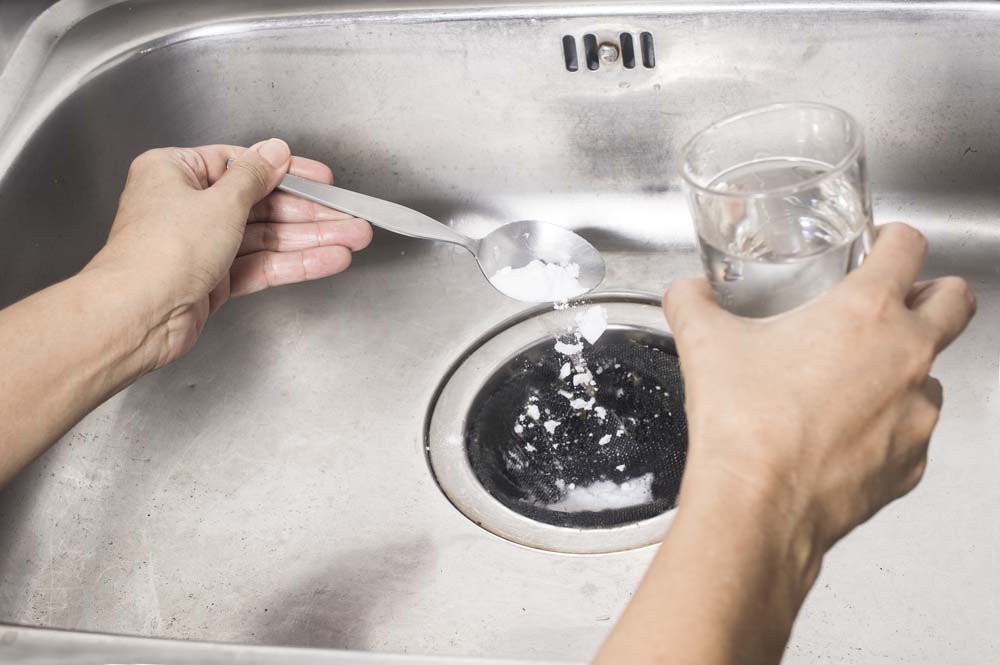
:max_bytes(150000):strip_icc()/freshen-and-unclog-drain-with-baking-soda-1900466-17-20179d73b7a2455797ebc6a5f5bf7479.jpg)
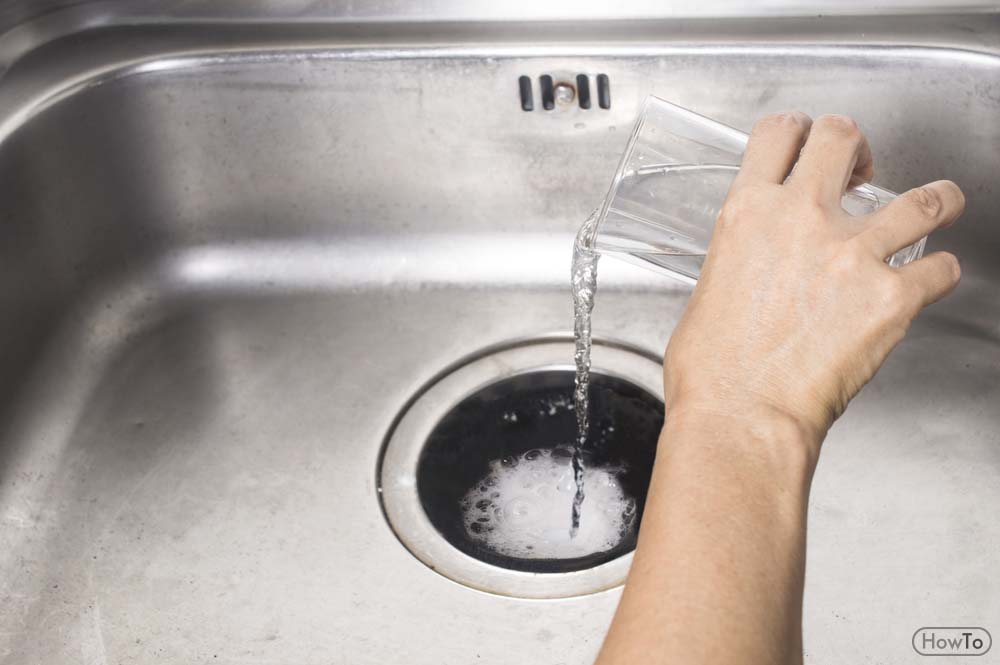








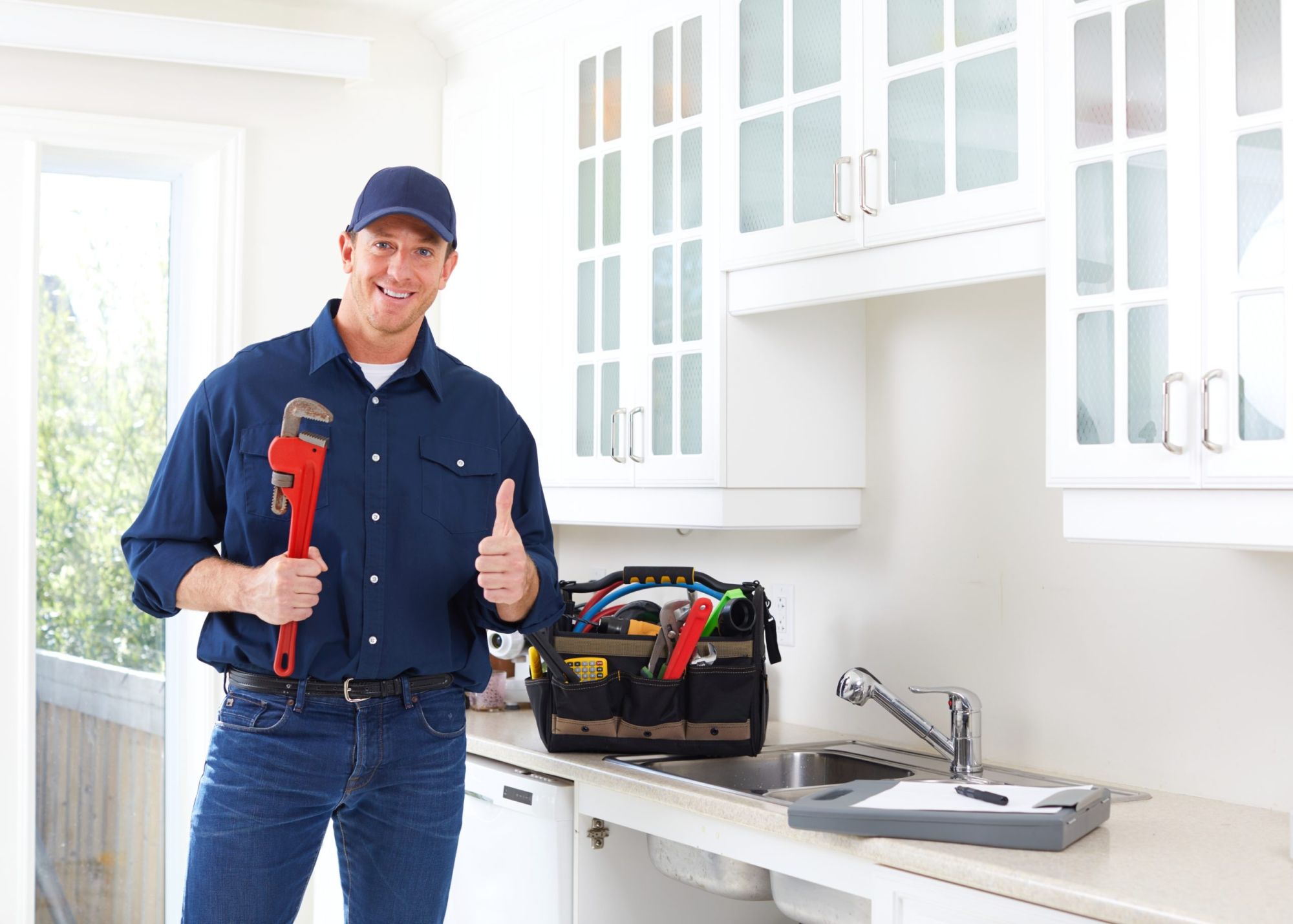
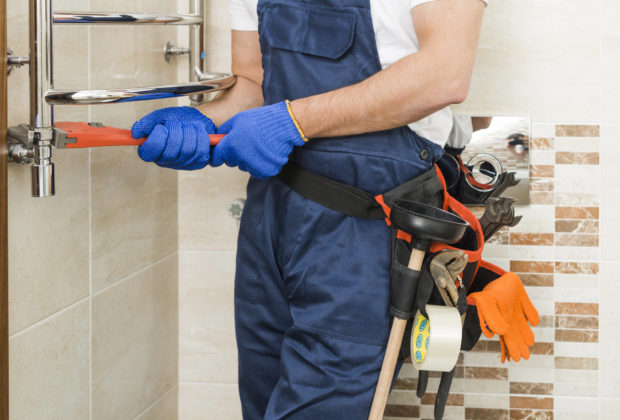
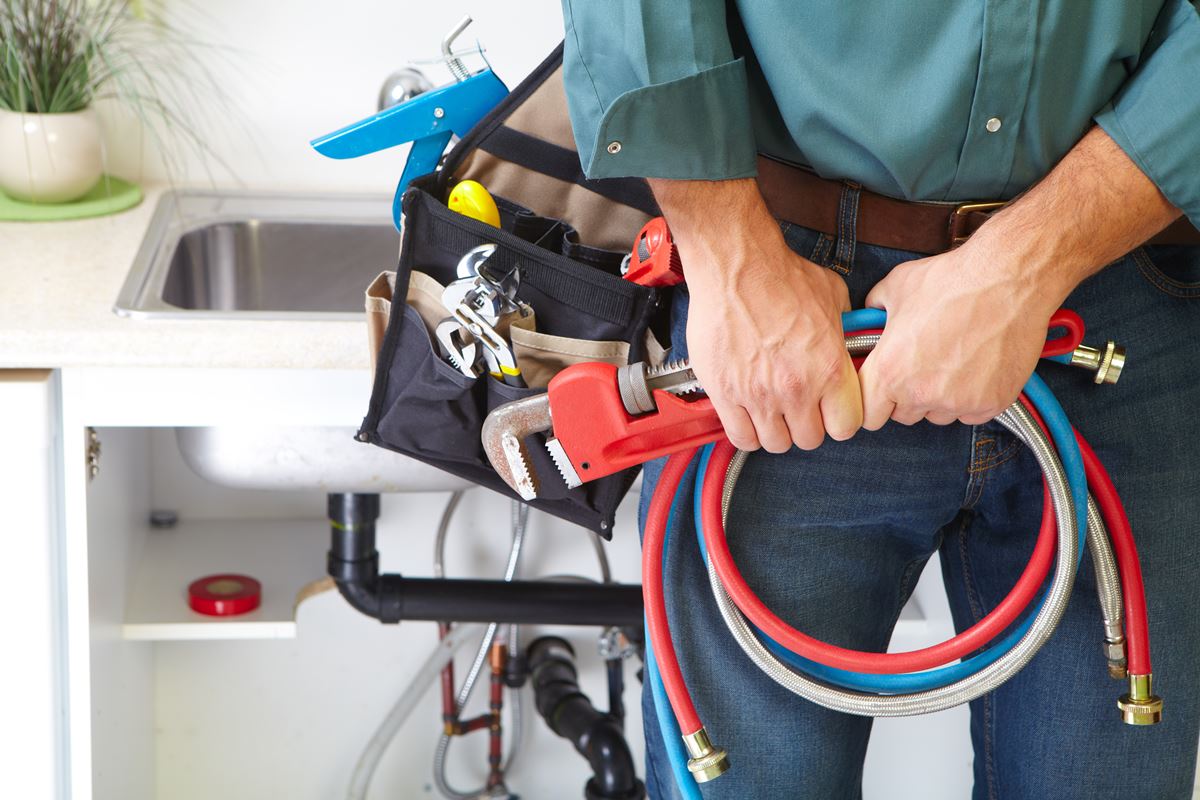
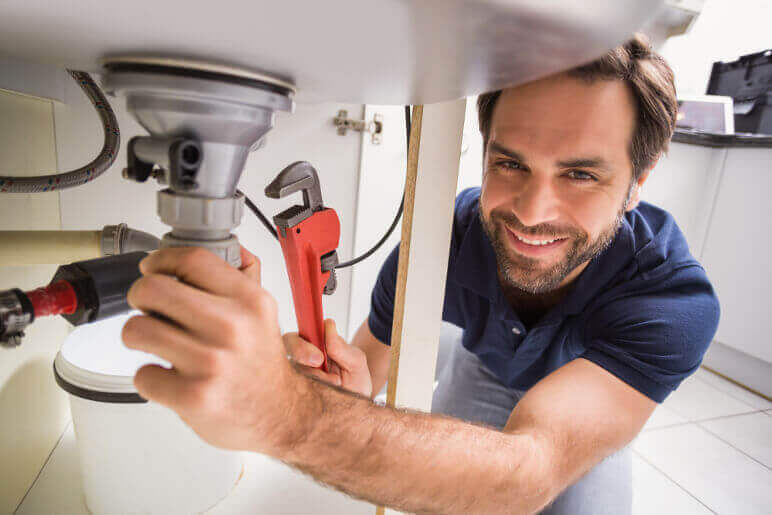



:max_bytes(150000):strip_icc()/galley-kitchen-ideas-1822133-hero-3bda4fce74e544b8a251308e9079bf9b.jpg)



